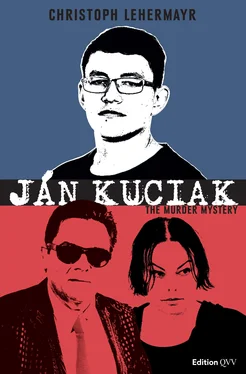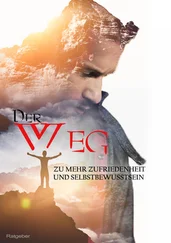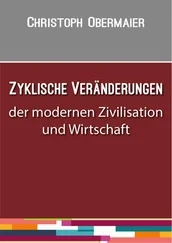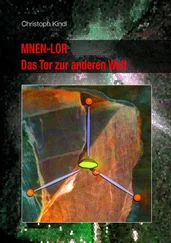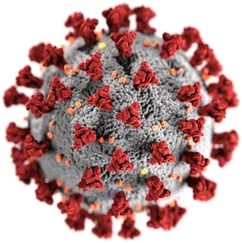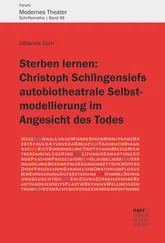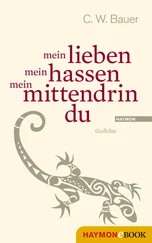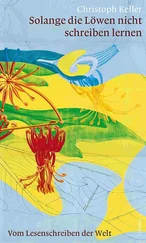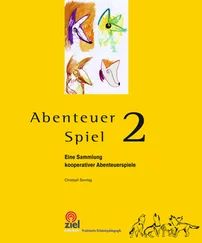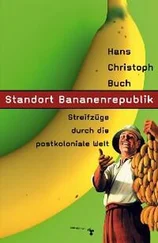Christoph Lehermayr - Ján Kuciak
Здесь есть возможность читать онлайн «Christoph Lehermayr - Ján Kuciak» — ознакомительный отрывок электронной книги совершенно бесплатно, а после прочтения отрывка купить полную версию. В некоторых случаях можно слушать аудио, скачать через торрент в формате fb2 и присутствует краткое содержание. Жанр: unrecognised, на английском языке. Описание произведения, (предисловие) а так же отзывы посетителей доступны на портале библиотеки ЛибКат.
- Название:Ján Kuciak
- Автор:
- Жанр:
- Год:неизвестен
- ISBN:нет данных
- Рейтинг книги:3 / 5. Голосов: 1
-
Избранное:Добавить в избранное
- Отзывы:
-
Ваша оценка:
- 60
- 1
- 2
- 3
- 4
- 5
Ján Kuciak: краткое содержание, описание и аннотация
Предлагаем к чтению аннотацию, описание, краткое содержание или предисловие (зависит от того, что написал сам автор книги «Ján Kuciak»). Если вы не нашли необходимую информацию о книге — напишите в комментариях, мы постараемся отыскать её.
Ján Kuciak — читать онлайн ознакомительный отрывок
Ниже представлен текст книги, разбитый по страницам. Система сохранения места последней прочитанной страницы, позволяет с удобством читать онлайн бесплатно книгу «Ján Kuciak», без необходимости каждый раз заново искать на чём Вы остановились. Поставьте закладку, и сможете в любой момент перейти на страницу, на которой закончили чтение.
Интервал:
Закладка:
Investigative reporter 2.0
Ján Kuciak is not a daredevil, not someone who corresponds to the image of the reporter as portrayed in movies or TV series. He’s not the type to meet shady characters who pass on information at the back tables of smoky bars, nor does he take delivery of thick packages of documents in some underground car park in Bratislava. Instead, he’s got what a journalist who wants to work investigatively in the internet era needs. Like a mole, he burrows online in publicly accessible data and records. In contrast to Austria, where government secrecy is still enshrined in the constitution, it has long been abolished in Slovakia. The country has far-reaching freedom-of-information laws. Public contracts, for example, only become valid once they’ve been published on the internet. That makes Kuciak’s job a lot easier. He scans court decisions, scours land registers, digs up extracts from the commercial register, looks at mortgage deeds and tracks down offshore letterbox companies. From all of this, Kuciak has the ability to spin threads, draw lines, to recognise networks where others see only chaos. For him, going out and working in the field, as it’s known in the trade, comes, if at all, only at the very end – when he’s collected everything and is able to confront the person in his sights with what he knows.
Doing things this way had long been his dream. But the reality looked very different when, while still a journalism student, he began work at the nation’s most respected financial newspaper five years ago. He stayed for a year and dutifully filled the empty columns with stories. But there were so many times when he would have loved to have dug deeper, asked more questions and found out more. “Work investigatively, are you crazy?” a shocked colleague once asked. “Something like that’s much too dangerous, especially if you step on the wrong person’s toes.” At the time, Kuciak just smiled. “The worst thing that can happen in Slovakia is that they sue you.”
When he left the financial paper at 24, Ján Kuciak wasn’t sure if journalism was for him. He had grown up in a small village in northern Slovakia. No one outside the region knew the place, and if they did they simply thought he was from an impoverished backwater. Him – suddenly a journalist in the capital? There, 50 kilometres from Vienna as the crow flies, was where the young nation’s wealth was concentrated. More and more skyscrapers were shooting up. The glossy investors’ brochures talked about the “Dubai on the Danube” (a pun: Dubaj na Dunaji) that was coming into being. Major corporations were basing themselves in Bratislava, and wages were approaching what was paid just across the border in Austria. The capital was booming and prospering, had traffic jams every wekkend, and Austrian border towns like Kittsee and Hainburg became its suburbs. More and more residents of Bratislava started buying land and houses on the Austrian side because they were much cheaper than in their own capital. Did Ján Kuciak fit into this city? And was he ready to look into the abyss that lay hidden behind the glass facades? It would give him more than enough material.
In the autumn of 2014, Ján Kuciak was determined to find out. The Czech Centre for Investigative Journalism held a workshop to which Slovak university graduates were also invited for the first time. Their mentor was experienced investigative reporter Marek Vagovič, a wiry guy who usually wore a hoody at work, and had occasionally had his tyres slashed or a dead cat dropped on his doorstep. By the end of the course, each team was to develop a story to the point that it could be published. Kuciak was in his element. Together with his colleagues, he decided to follow up an anonymous hint that big pharmaceutical companies had treated Slovak doctors to holidays in the Caribbean. Kuciak drew up organigram charts that showed clearly who the key players in the business were, which connections they had to politics and how contracts were awarded there. Vagovič noticed that Kuciak had a good nose and an ability to connect the dots, while others were at a loss. When confronting doctors and pharmaceutical reps, he remained polite, appeared neither insecure nor arrogant, and argued calmly and objectively. Accusing them of corruption was no mean feat for a budding journalist. Yet Kuciak was sure of himself. The “Hunter-Gatherers”, as his group called themselves, presented their results after three months’ research and came in in second place. Kuciak’s real victory came when his mentor Vagovič told him, “You’re coming with me right away and start to work with us.”
The model and the Mafia
And so now, finally, on this bitterly cold day in February 2018, the grand finale, the scoop, the big story that Ján Kuciak has been working on for so long. His story is to deal with the entanglements between Slovak politicians, entrepreneurs and the Calabrian ‘Ndrangheta – the most powerful Mafia organisation in Europe. The matter is delicate, which is why only a small circle is in on Kuciak’s investigations. In the afternoon, he sends an encrypted message to a colleague in the Czech Republic with whom he’s been working on the story. He’s found another link between the Italians and a member of the governing social democratic party, Smer. When the editor-in-chief reads the rough draft, he’s stunned. Never before has a journalist succeeded in describing the workings of the Italian Mafia in Slovakia nearly as accurately.
In his article Kuciak suggests that the ‘Ndrangheta is laundering money from its global cocaine trade in the east of the country. There, almost 500 kilometres from Bratislava at the other end of the republic, the manners and customs are rougher than in the capital and the wages half as high. Kuciak has identified a certain Antonino Vadalà as the head of the clan. Vadalà came to Slovakia years ago after a job in Rome, in which he was to “punish” another man, didn’t go quite according to plan. The article exposes Vadalà’s whole story, names are revealed, places identified. Kuciak assumes that the drug money is used to buy large areas of farmland. In this way, the Italians, who’ve long been considered major landowners in the region, are not only able to legalise their dirty money, but also siphon off EU funding through the agricultural land they’ve acquired. At this point it’s clear to Kuciak that this kind of fraud can’t function without the cover and possible participation of the highest levels of government. Which is why the investigation culminates in a revelation: the longtime lover and former business partner of the Mafioso Vadalà is now the closest assistant of the head of the Slovak government. The beautiful Mária Trošková comes to play a fundamental role in Kuciak’s report. The former Miss Universe contestant, who has also posed for nude photos on occasion, is the personified link between the Mafia and those in power. It’s no coincidence that the social democrat prime minister Robert Fico has done his utmost to avoid commenting on her role at his side. Only much later will it emerge that she called her ex-lover, the Mafia boss, around 300 times from the government palace, and that Fico himself also spoke with him on the phone. “We’ve got him! This can trigger an earthquake, it can topple the government and trigger an early election!” says investigative head Marek Vagovič on this Wednesday, visibly proud of Kuciak’s research. Together with the editor-in-chief they discuss what still needs to be done before the story can go online. When Kuciak says goodbye in the evening, it’s the last time Vagovič will ever see him. Ten days later he’ll stand in front of Kuciak’s coffin.
Читать дальшеИнтервал:
Закладка:
Похожие книги на «Ján Kuciak»
Представляем Вашему вниманию похожие книги на «Ján Kuciak» списком для выбора. Мы отобрали схожую по названию и смыслу литературу в надежде предоставить читателям больше вариантов отыскать новые, интересные, ещё непрочитанные произведения.
Обсуждение, отзывы о книге «Ján Kuciak» и просто собственные мнения читателей. Оставьте ваши комментарии, напишите, что Вы думаете о произведении, его смысле или главных героях. Укажите что конкретно понравилось, а что нет, и почему Вы так считаете.
